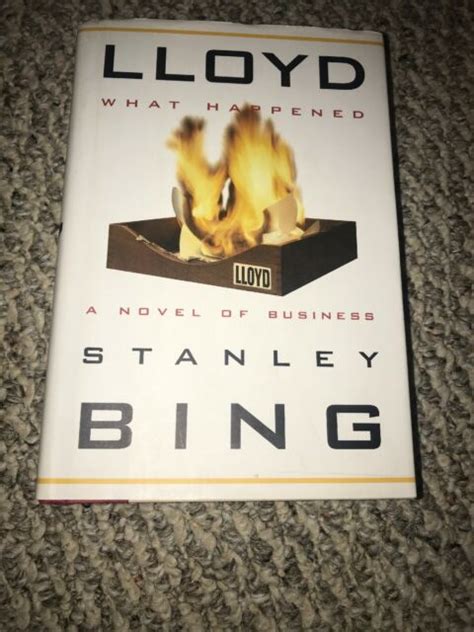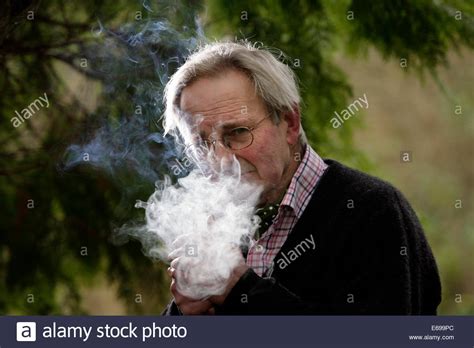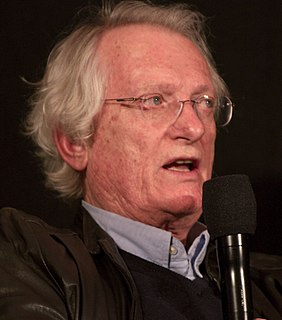A Quote by Andrew Shaffer
If you're reading a mystery novel, you kind of want the character to solve the crime instead of completely bumble their way through it.
Related Quotes
Human beings are like detectives. They love a mystery. They love going where the mystery pulls them. What we don't like is a mystery that's solved completely. It's a letdown. It always seems less than what we imagined when the mystery was present. The last scene in `Blow Up' is so perfect because you leave the theater still dreaming. Or the end of `Chinatown,' where the guy says `Forget it, Jake, it's Chinatown.' It explains so much but it only gives you a dream of a bigger mystery. Like life. For me, I want to solve certain things but leave some room to dream.
How hard is it to build an intelligent machine? I don't think it's so hard, but that's my opinion, and I've written two books on how I think one should do it. The basic idea I promote is that you mustn't look for a magic bullet. You mustn't look for one wonderful way to solve all problems. Instead you want to look for 20 or 30 ways to solve different kinds of problems. And to build some kind of higher administrative device that figures out what kind of problem you have and what method to use.
Today the crime novelist has one advantage denied to writers of 'straight' or 'literary' novels. Unlike them he can range over all levels of society, for crime can easily breach the barriers that exist in our stratified society. Because of these barriers the modern literary novel, unlike its 19th-century predecessors, is often confined to the horizontal, dealing only with one class. But crime runs through society from top to bottom, and so the crime novelist can present a fuller picture of the way we live now.



































